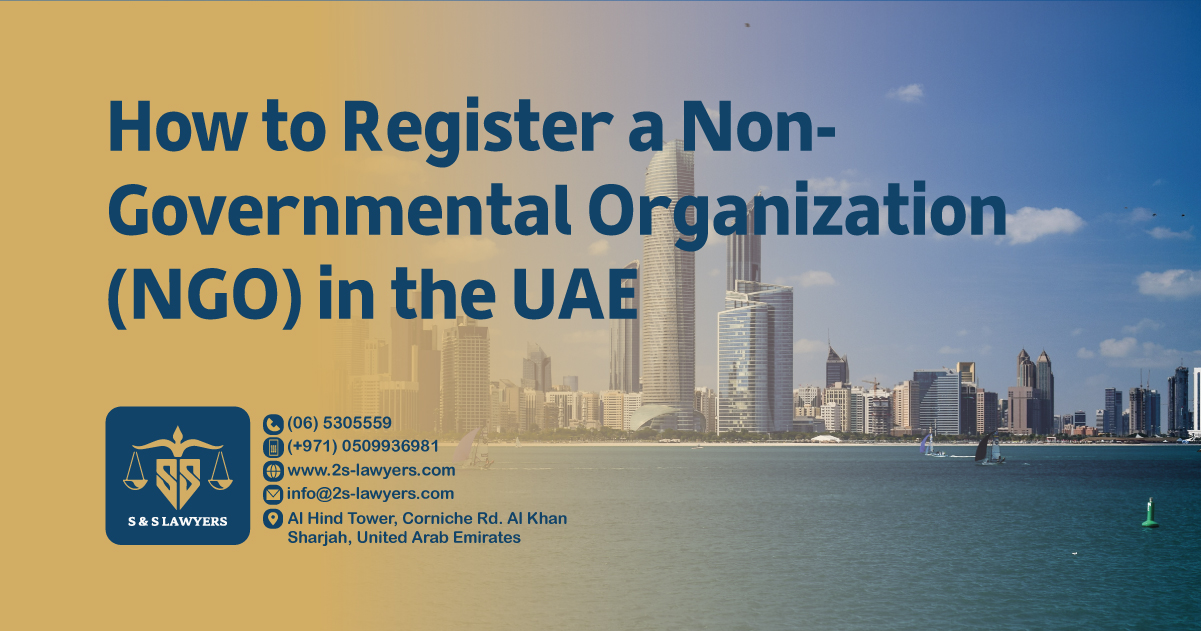How to Register a Non-Governmental Organization (NGO) in the UAE
Posted by
webtech

Introduction
Non-Governmental Organizations (NGOs) play a critical role in fostering social, cultural, environmental, and economic development in any country. In the UAE, NGOs are instrumental in bridging gaps, supporting communities, and complementing governmental efforts in various sectors. Registering an NGO in the UAE is a structured process governed by several laws and regulations designed to ensure transparency, accountability, and compliance with the country's legal framework. This article provides a comprehensive guide on how to register an NGO in the UAE, from understanding the legal requirements to the step-by-step registration process.
Understanding the Concept of NGOs
NGOs, or Non-Governmental Organizations, are entities independent of government control and typically focused on humanitarian, environmental, social, or cultural activities. They are usually non-profit organizations that operate to advance a public interest without seeking financial gains.
Types of NGOs in the UAE
1. Local NGOs: Organizations that are established and operate within the UAE, primarily focusing on local issues.
2. International NGOs: Foreign-based organizations that have a branch or representative office in the UAE.
3. Community-Based NGOs: Smaller, grassroots organizations that work closely with specific communities to address local needs.
Legal Framework for NGOs
The legal framework for NGOs in the UAE is governed by several laws, including:
● Federal Law No. 2 of 2008 on Associations and NGOs of Public Welfare.
● Cabinet Resolution No. 61 of 2020, which outlines the procedures and requirements for registering NGOs and associations. These regulations are designed to ensure that NGOs operate transparently, ethically, and in alignment with UAE laws.
Requirements for Registering an NGO
Before starting the registration process, it is crucial to understand the general requirements set by the UAE government for establishing an NGO.
Eligibility Criteria
To register an NGO in the UAE, the following eligibility criteria must be met:
● The founders should be UAE nationals or residents with valid residency permits.
● The organization must have a minimum of three founding members.
● The NGO's objectives should align with the UAE's public interest and not contradict the country's laws and cultural values.
Required Documentation
The following documents are typically required for NGO registration:
● Completed application form.
● Constitution and bylaws outlining the organization's objectives, structure, and governance.
● A detailed plan of activities, funding sources, and financial projections.
● Identification documents for all founding members.
● Proof of address for the organization's headquarters.

